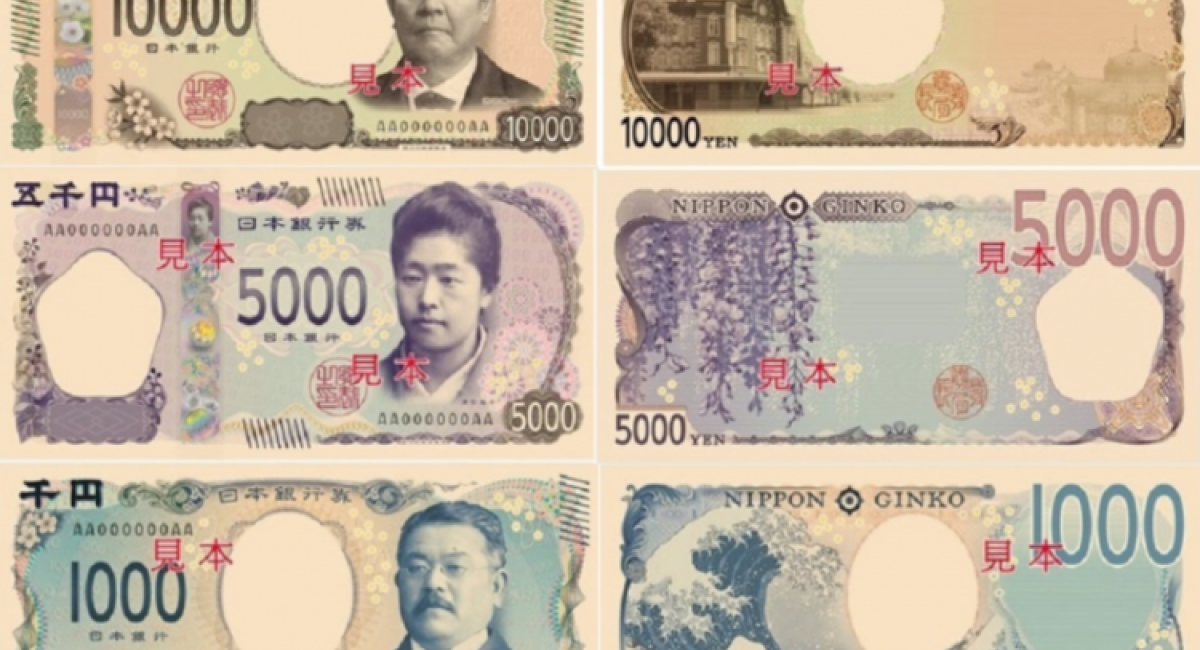The sharing economy in Japan
AirBnB suffered a major blow when Japan’s main tourism body sharply restricted home-sharing, forcing AirBnB to eliminate four-fifths of its 60,000 listings in Japan. The experience illustrates the country’s hesitant approach to the sharing economy, in which people rent goods and services from one another, usually through internet platforms. The sharing economy’s value in Japan is at most ¥1.2trn yen ($11bn), compared with $229bn for China.



















